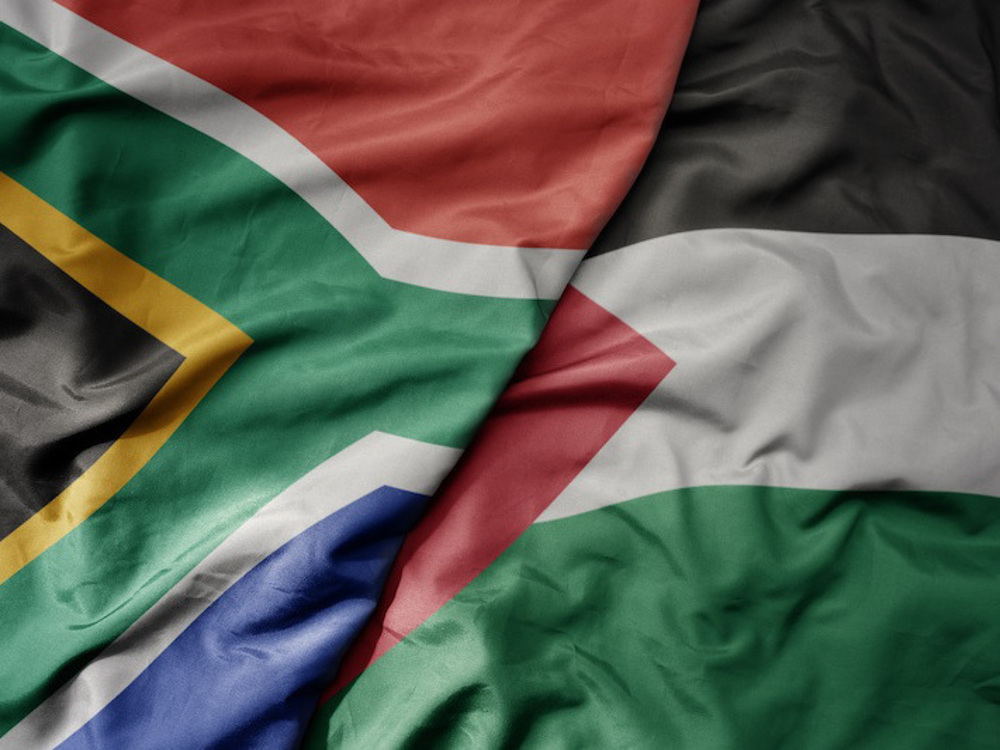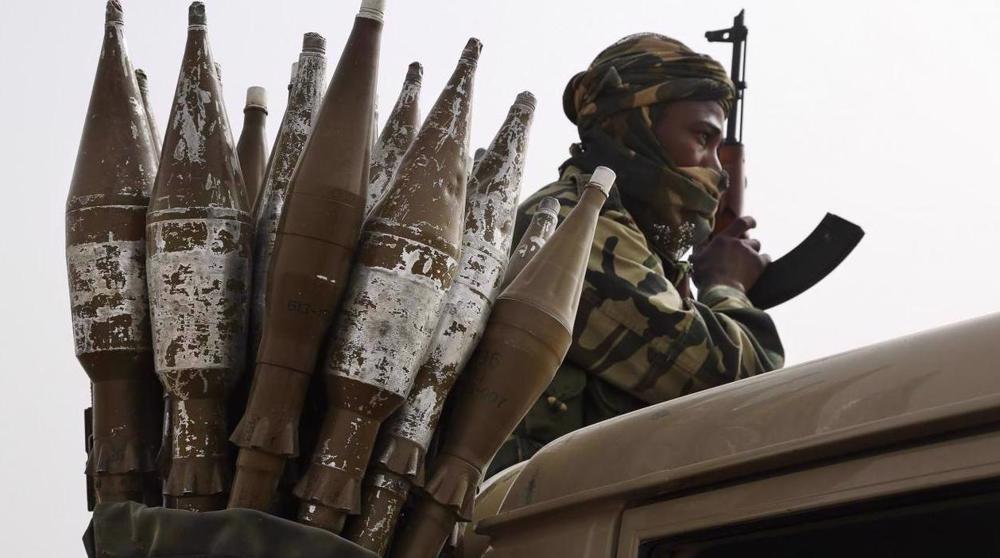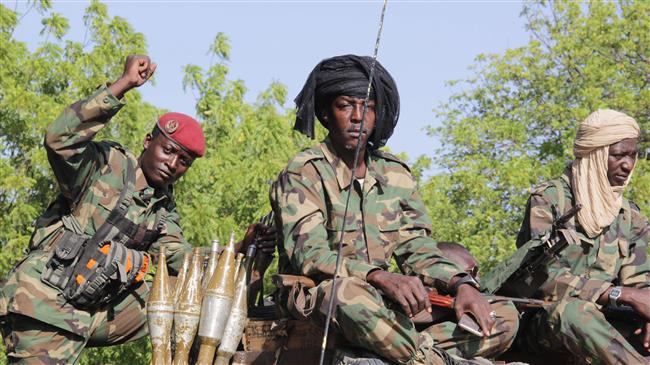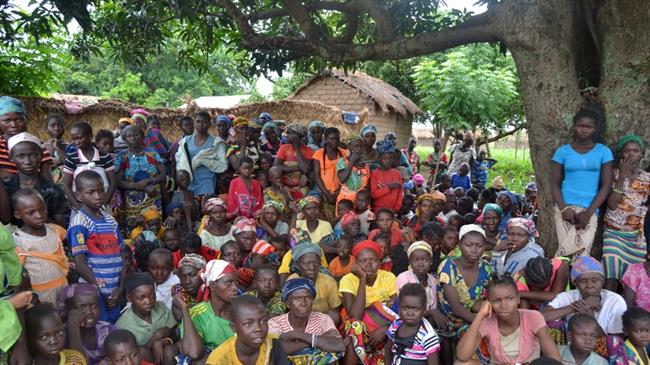Voting starts in Chad with veteran leader Deby set to secure sixth term
Voting has started in Chad as people head to polls to take part in the presidential elections, in which Idriss Deby is widely expected to extend his three-decade rule.
A former rebel leader, Deby, 68, has been at the helm of the impoverished African country since 1990. He was the first one to cast his ballot at a polling station in the capital N’Djamena on Sunday and is projected to win his sixth term in office.
Other candidates in the vote, which has been partially boycotted by some opposition figures, include Albert Pahimi Padacke, a former prime minister under Deby, and Felix Nialbe Romadoumngar -- officially “leader of the opposition” as his URD party has eight seats in the National Assembly.
Lydie Beassemda, a former agriculture minister, is the first woman to run for president in Chad's history.
Some 7.3 million people are eligible to vote out of a mainly young population of 15 million.
Provisional results from the vote are scheduled for April 25, with the final results due on May 15.
The former French colony, which is sometimes referred to as the “Dead Heart of Africa” due to Chad’s largely desert climate and land-locked location in north central Africa, has struggled with poverty and instability since gaining independence in 1960.
In 2018, 42 percent of the oil-rich country’s population lived below the poverty line, according to the World Bank.
In 2020, Chad ranked 187th out of 189 countries on the UN's Human Development Index.
In past years, Sudan has been rocked by insurgency. Boko Haram militants hailing from Nigeria have been a main source of insecurity in the Lake Chad border region between the two countries.
In recent years, the Lake Chad border region between Chad and Sudan has seen rising violence and attacks from extremist militant groups, including Boko Haram.
Communications Minister Cherif Mahamat Zene told AFP on Sunday that two Chadian soldiers were killed on Thursday in an ambush in the Lake Chad region.
Chad declared the area near the lake "a war zone" in order to give its military free rein against the militants.
In 2015, the four littoral countries of Lake Chad (Nigeria, Cameroon, Chad, and Niger) formed the Multinational Joint Task Force to fight the Boko Haram militants linked to Daesh.
‘All wars have rules. All of those rules have been broken’ by Israel
VIDEO | Report flags India’s violation of rights of Rohingya detainees
Turkey's foreign minister meets Syria's de facto leader in Damascus
'Next to impossible' to rescue patients from Gaza's Kamal Adwan Hospital: Director
VIDEO | Vietnam current prosperity
Report blames gasoil exports for shortage at Iranian power plants
VIDEO | Hind Rajab Foundation names Israeli war criminals vacationing after Gaza genocide
VIDEO | Australians rally for Gaza ahead of Christmas festivities













 This makes it easy to access the Press TV website
This makes it easy to access the Press TV website